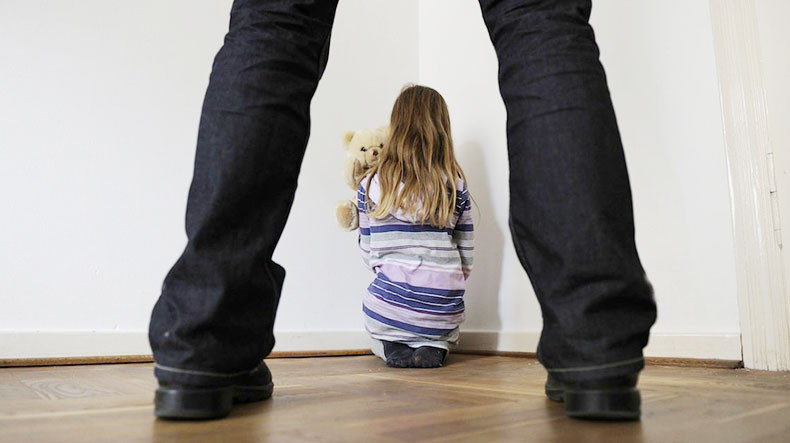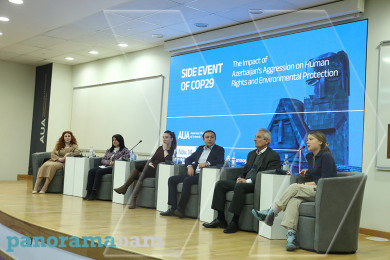
UNICEF Report: 300 million cases of violence against children aged 2 to 4
A new report from UNICEF says that violence against children knows no boundaries. Among the statistics that back up that statement are that approximately 300 million children around the world between the ages two and four are subject to physical punishment or verbal abuse from their parents or caregivers, NPR.org reported.
The document suggests every seven minutes, an adolescent is murdered. By the time they reach age 19, fifteen million girls have already experienced forced sexual acts, including rape — inflicted, for the most part, by people they know, the source said.
The report found that non-Hispanic black males age 10 to 19 years old in the United States are almost 19 times more likely to be murdered than non-Hispanic white boys of the same age. These statistics put these [non-Hispanic black] adolescents at similar risk to [adolescent boys] in conflict zones such as South Sudan. According to the source, two out of three violent acts against children and adolescents worldwide are due to interpersonal violence as opposed to conflict or civil unrest. That means when we think about very dangerous places for adolescents to live, we need to broaden our view and look beyond conflict zones or areas of civil unrest.
The violence against children as young as 12 months old was also particularly shocking, with data from 30 countries showing that nearly half of the children between 12 and 23 months old were subjected to corporal punishment or verbal abuse.
In terms of sexual violence, the most upsetting finding is that most of the sexual violence against girls is perpetrated by people they know. Data from 28 countries indicate that 9 in 10 girls who have experienced forced sex report that they have been victimized by someone they knew or was close to them. This further relates to why violence against children and adolescents remains hidden: because they are often victimized by people who are familiar to them.
The organization in its recommendations suggests a concerted effort to end violence. One way to begin is through legislation, with laws being adopted and then implemented. Only 60 out of 193 countries belonging to the United Nations have fully prohibited corporal punishment at home. Another aspect is changing social norms and ideas about these issues, and developing strong child protection systems. This would include providing support to parents, working with teachers and school administration and with children.
Newsfeed
Videos






























